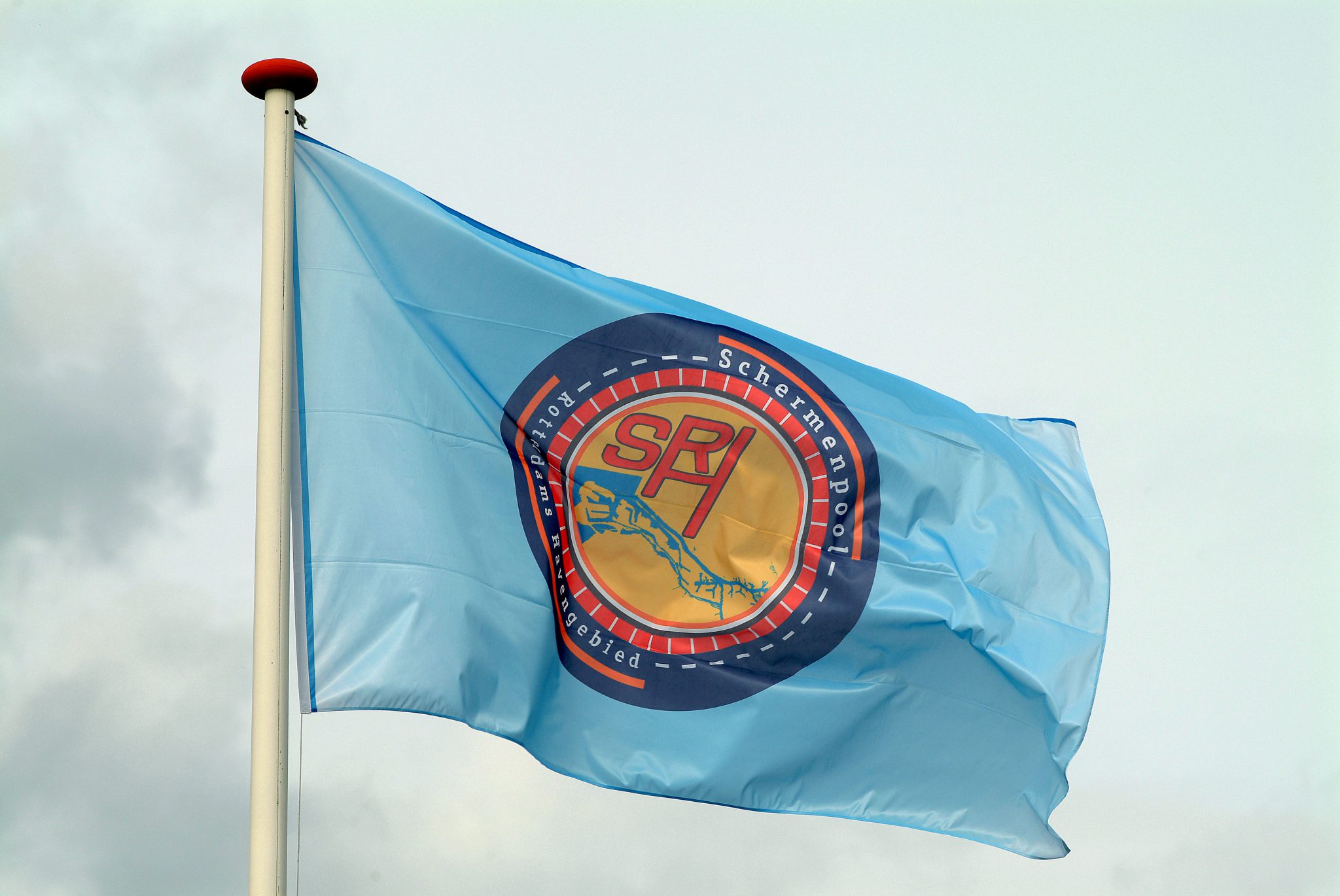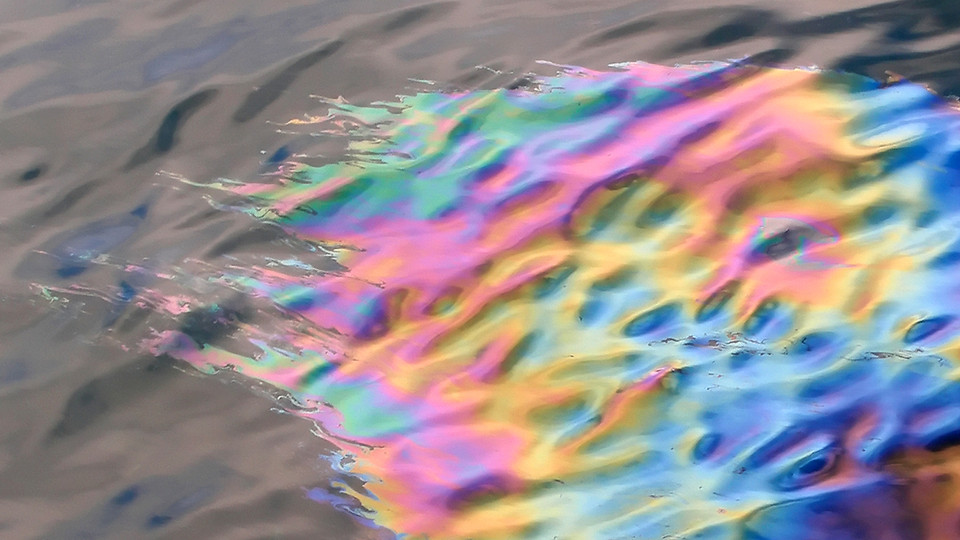History of Schermenpool Rotterdams Havengebied
Schermenpool Rotterdams Havengebied was established on 5 October 2001. That’s when the Port of Rotterdam Authority, Deltalinqs and the Gezamenlijke Brandweer (Joint Fire Service) signed a partnership agreement. SRH later became a foundation on 5 October 2004.
SRH was created from the need for a more effective and uniform oil spill response. Previously, the oil spill response was arranged per terminal. This meant that there were more and different types of oil containment booms in the port area than necessary. By bringing the management of the booms under the authority of SRH, it became possible to achieve a significant reduction in the number of booms by placing these at strategic locations in the port area. The foundation also purchased the same types of booms so that these can be linked together to contain a spill. This enables a more efficient and effective response to spills.
SRH has had ISO9001 certification since 7 July 2005.
Efficiency benefits
Read moreObjective and scope
The SRH objective is to make oil containment booms available 24/7 and to achieve an effective and efficient response to oil and other spills onto the surface water through close cooperation with parties. SRH operates in the area to the west of the Benelux tunnel. The aim is to minimise the environmental and economic damage resulting from spills.
A company in the Port of Rotterdam can become a member of SRH if it carries out activities involving the storage and transhipment of liquid or oil products. These types of companies are generally obliged to take measures to prepare for spills. They can arrange these preparations partly through their membership of SRH.
Members pay a contribution fee for the SRH services; this fee is determined annually. In the event of a spill, non-members can use the booms for a fixed hourly rate.
Board
The Board of SRH is formed by the Chairman of the Deltalinqs’ ‘Wet Bulk Terminals Committee’ and a Port of Rotterdam Authority N.V. representative. The SRH secretariat is incorporated within the Joint Fire Service.
The current Board Chairmen are:
- – Robin Duvaloois, namens Havenbedrijf Rotterdam N.V.
- – Michiel Pronk (Shell), Chairman Wet Bulk Terminals Committee (Deltalinqs)
Board meetings
Board meetings take place four times a year. As well as the Board chairmen, the following participate in Board meetings:
- – Martijn de Koning (HbR), voorzitter commissie Materiaal en Logistiek
- – Rob Altena (HbR), Commissie Materieel en Logistiek
- – Arie Kleijwegt (GB), adviseur SRH
- – Joost Dekker (HbR), financieel beheerder
- – Oemesh Soekar (GB), kwaliteitscoördinator & secretaris SRH



